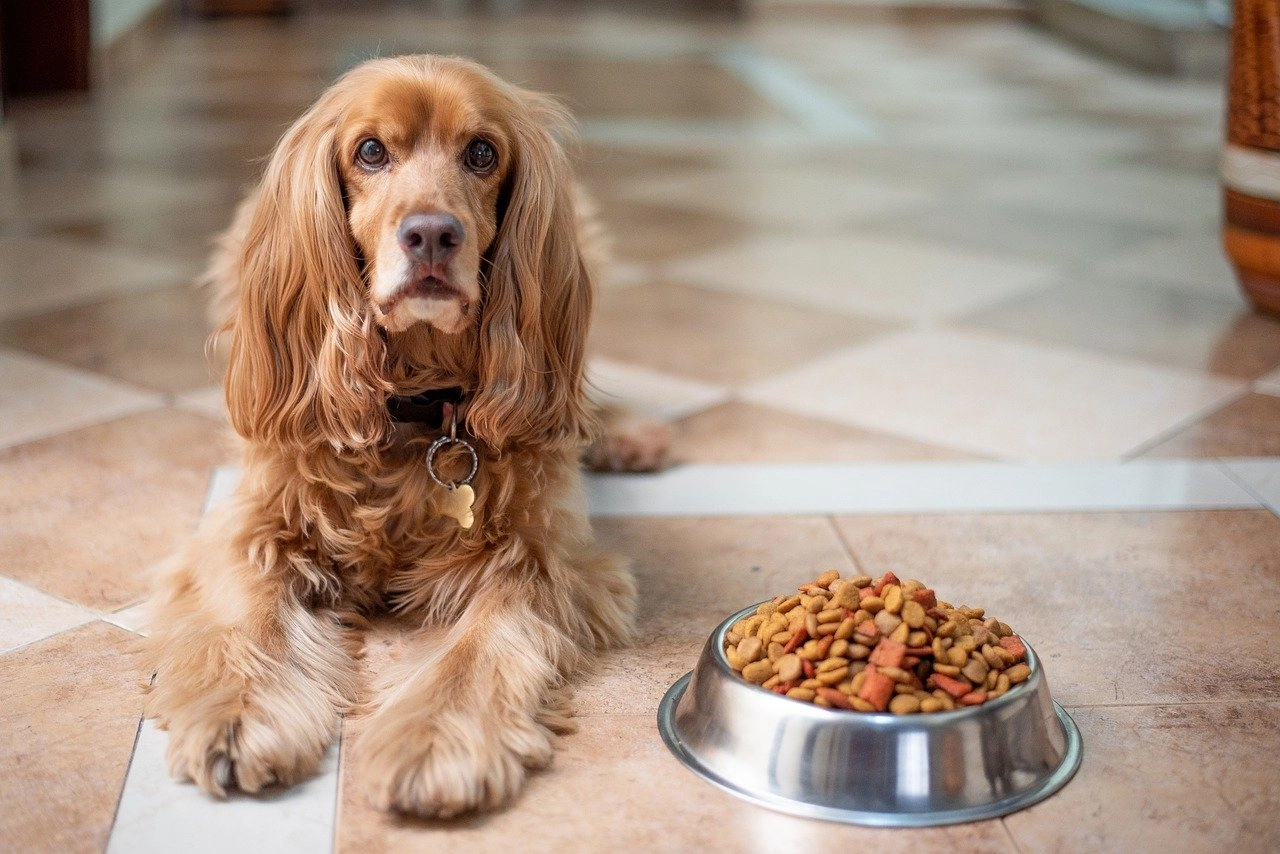5 Reasons Your Dog Is Not Eating
Your dog doesn't seem to be eating much, or at all. He may even be losing weight, which can obviously be very worrying. Fortunately, there are many common reasons why your dog isn't eating, and not all of them mean he's in bad health. Read this article to learn the five most common reasons your dog might not be eating well and what you can do about it.
1. Lack of appetite
If your dog is otherwise healthy but isn't eating, then it could be because he simply doesn't have an appetite for food. While most people assume that when their pets don't eat, it must be a health problem, loss of appetite is actually one of two primary reasons dogs won't eat (the other being food intolerances).
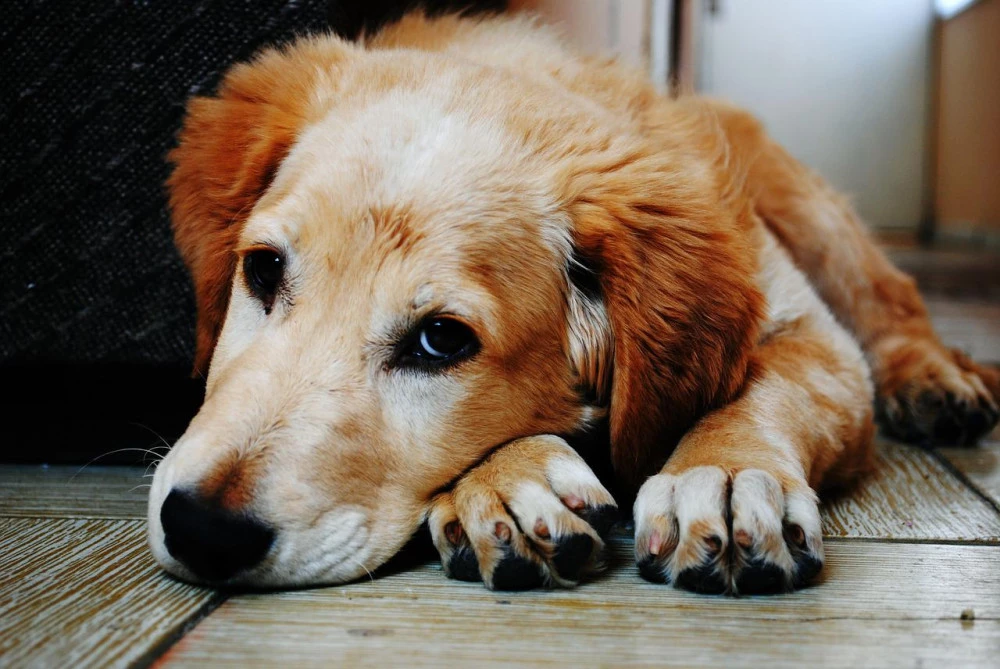
Look out for physical signs such as drooling and vomiting to see if there are more serious issues at play; they indicate he has been sick recently. However, if you can rule out these symptoms, then his lack of appetite may just be due to boredom or stress. It's best to consult with your vet about what might be causing him not to want his dinner—and how you can help him get back on track.
2. Changes in lifestyle
While pet parents sometimes forget that their dog is a living creature that can be affected by changes in their own life, it's important to keep your four-legged friend in mind when you're considering changes.
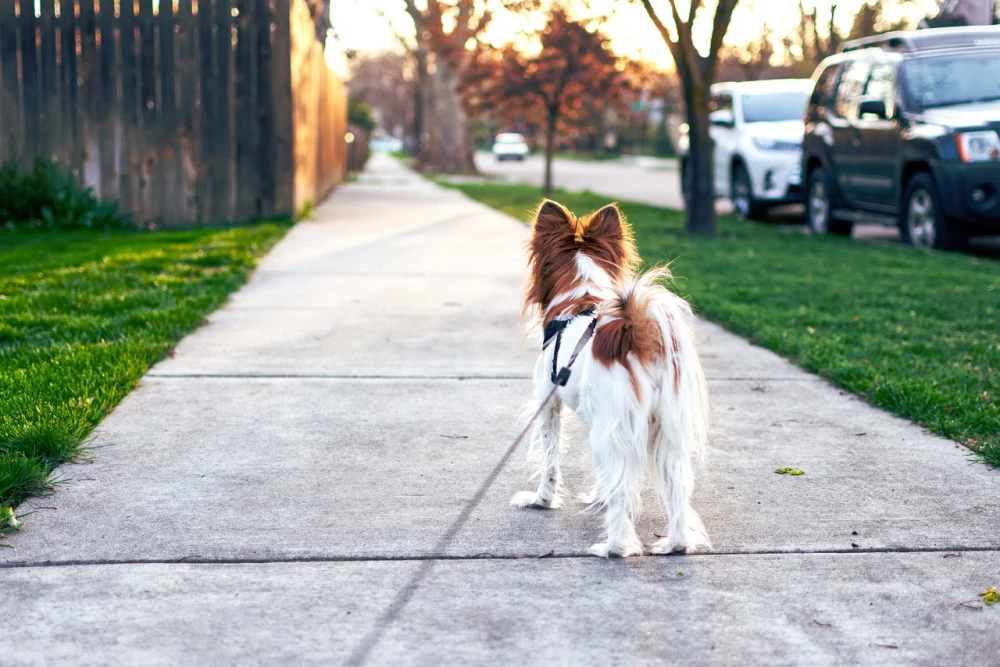
For example, if you have just adopted a puppy and are planning on having kids soon, you should factor in how those changes will affect your dog. Will he get enough attention? Will he get walked as much? All of these things are important considerations before adding a new member to your family.
3. Loss of smell/taste
Many pet owners aren't aware that animals can lose their sense of smell and taste just like humans. They depend on their sense of smell to find food, and loss of that ability is a scary concept for both you and your pet. Consult with your vet if you notice food uneaten in one location for more than two days, or if you suspect a serious issue with your dog's sense of smell.
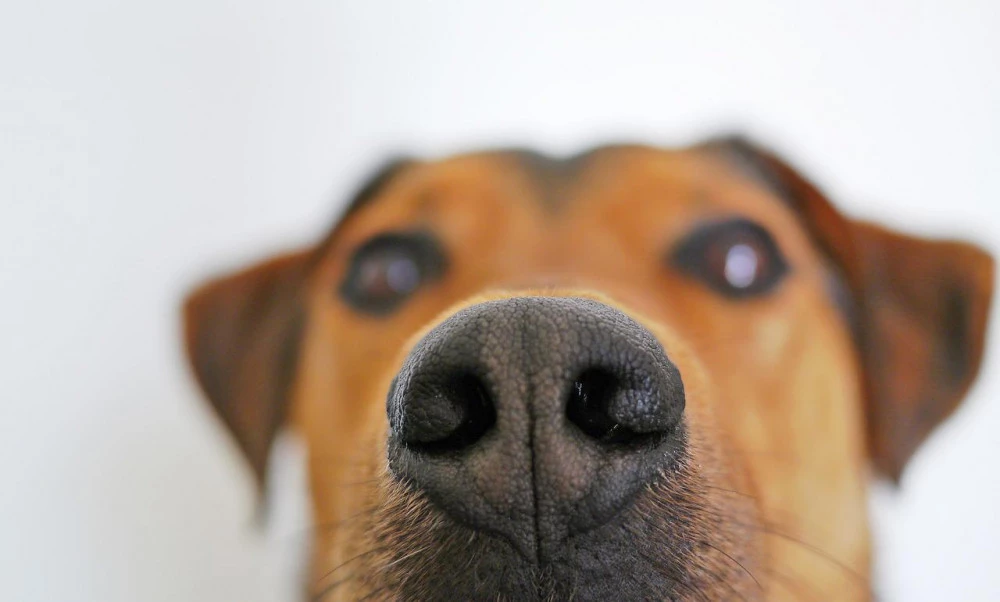
If there are no medical issues at play, try adding some new spices to your dog's diet (e.g., garlic powder) to see if he enjoys it more. You might also try changing his diet from dry kibble to canned food—it could make all the difference!
4. Underlying medical condition
Health conditions such as arthritis, cancer, kidney disease and diabetes can all cause your dog to lose their appetite. If your pet is refusing to eat for no apparent reason and is displaying additional symptoms of illness such as vomiting or diarrhea, it's best to consult a veterinarian immediately. Healthy dogs will usually fight illness until they succumb; therefore, if you notice that your pet isn't eating but shows no other signs of being ill, a veterinary examination may not be necessary.
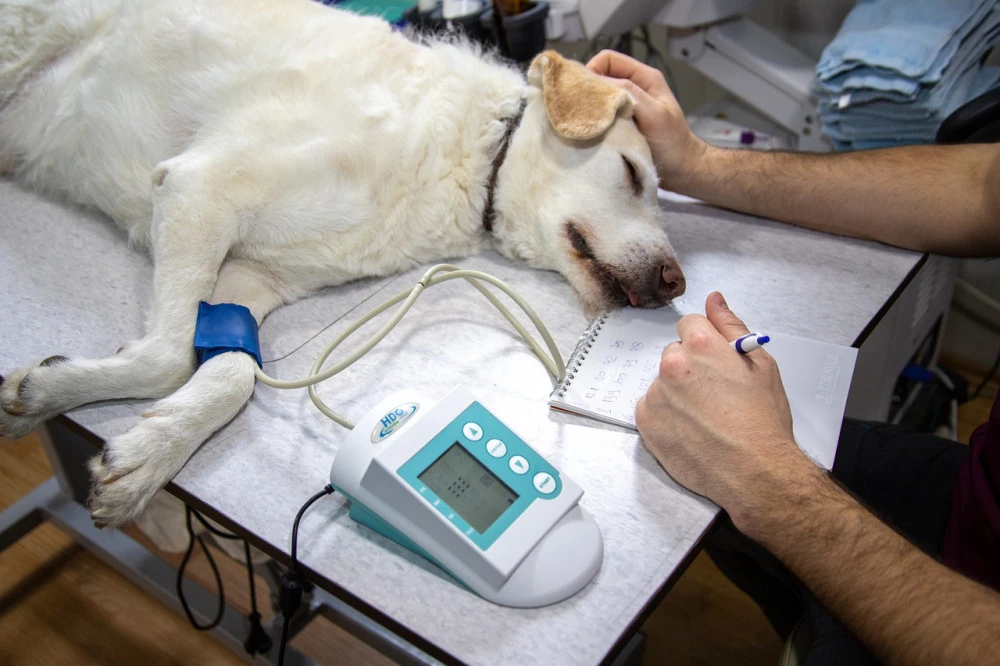
In some cases, however, underlying medical issues can lead to psychological changes in pets—including loss of appetite—and so if your dog seems unwell despite showing no physical symptoms, you should still seek professional advice. Pets do not talk and we cannot ask them why they are not eating. It is important to take your pet to see a vet when his behavior changes suddenly because he might have an underlying medical condition which needs treatment before it becomes life threatening.
5. Change in diet
If your dog has a sudden change in diet or consumes something that he or she is not accustomed to, it can lead to stomach upset. If your dog does not typically eat grass and then eats it, you should see a vet immediately. Also consider diet changes if your dog suddenly begins chewing on carpet, shoes, or other items not typically eaten by dogs.
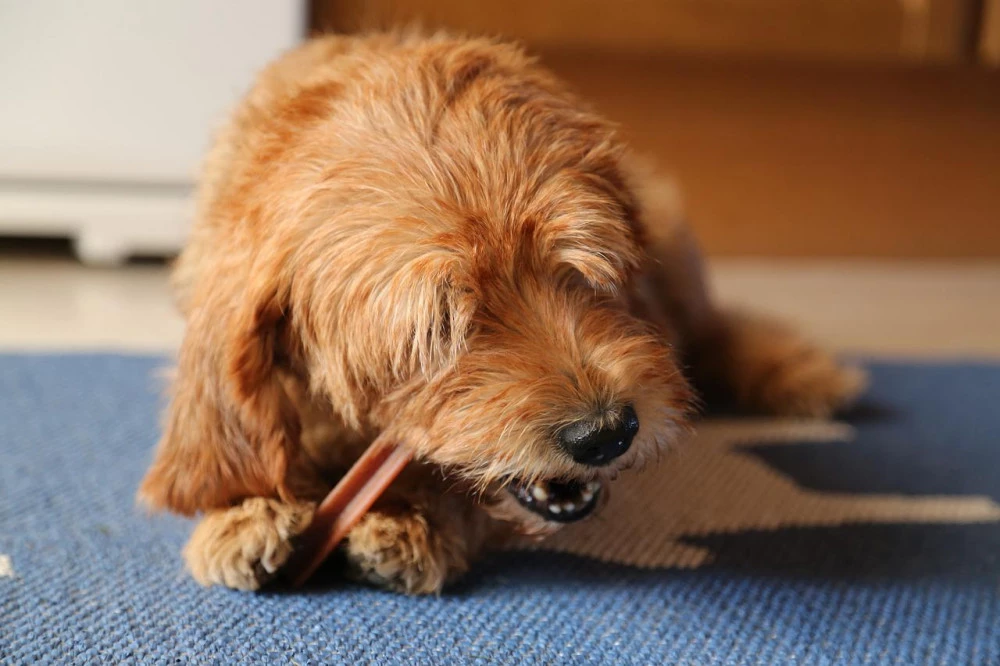
Switching from dry food to canned food is also an abrupt change in diet that may cause vomiting or diarrhea. Remember that puppies are growing and need to be fed several times per day until they are six months old. They need three meals each day for optimal growth.

